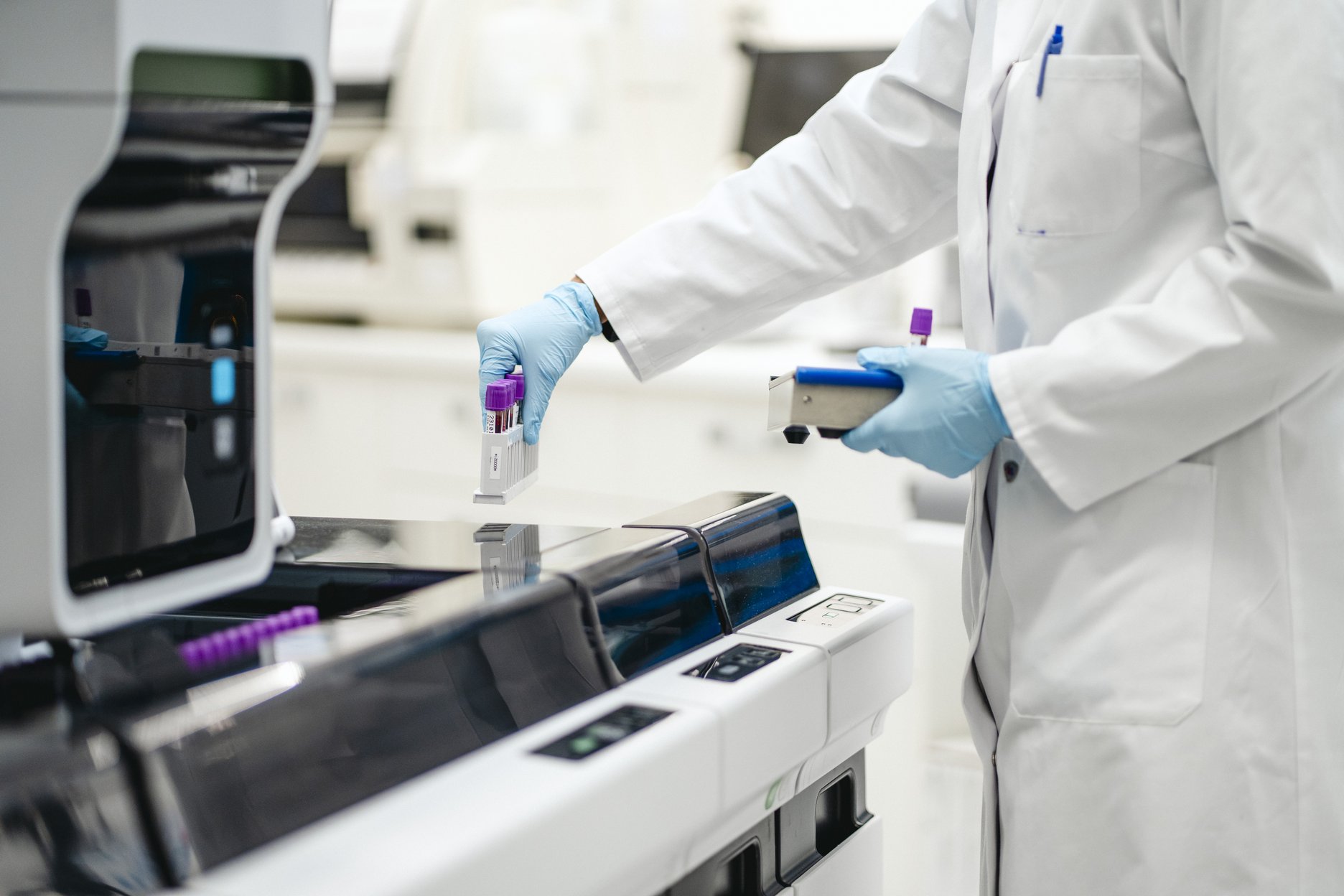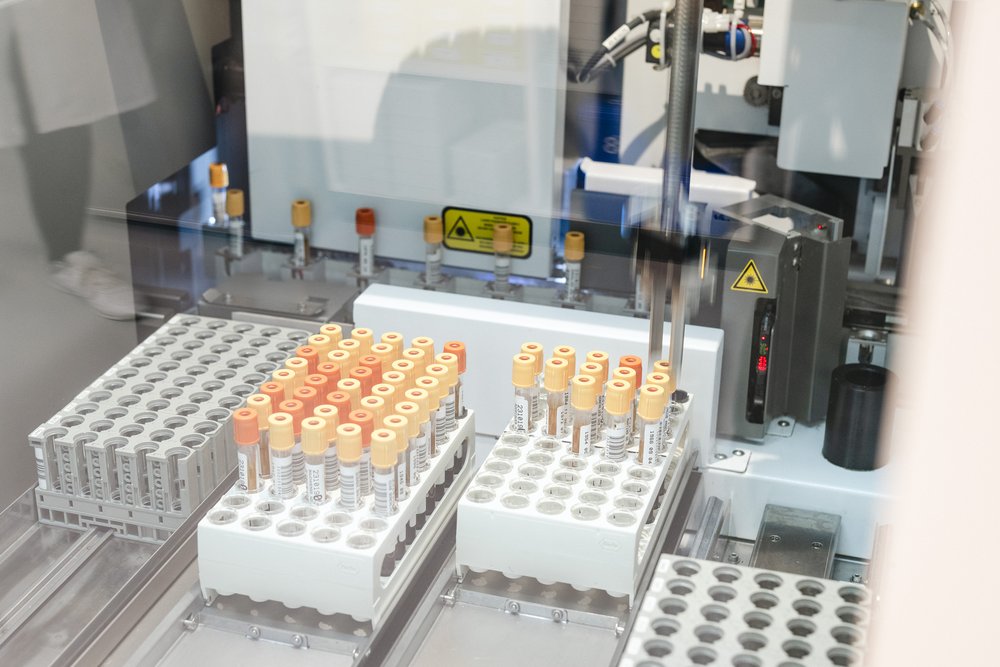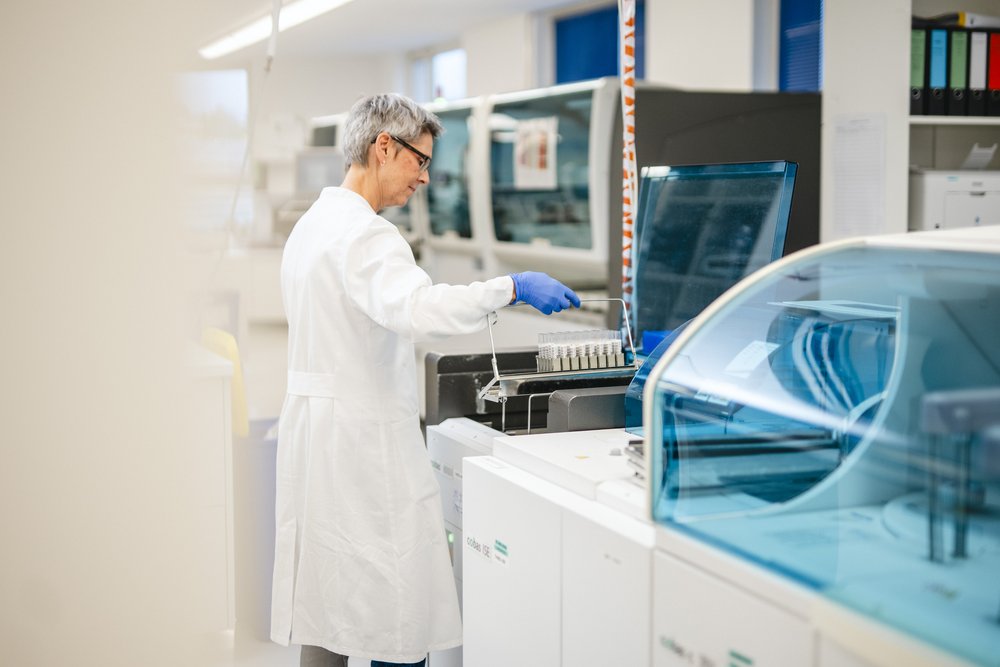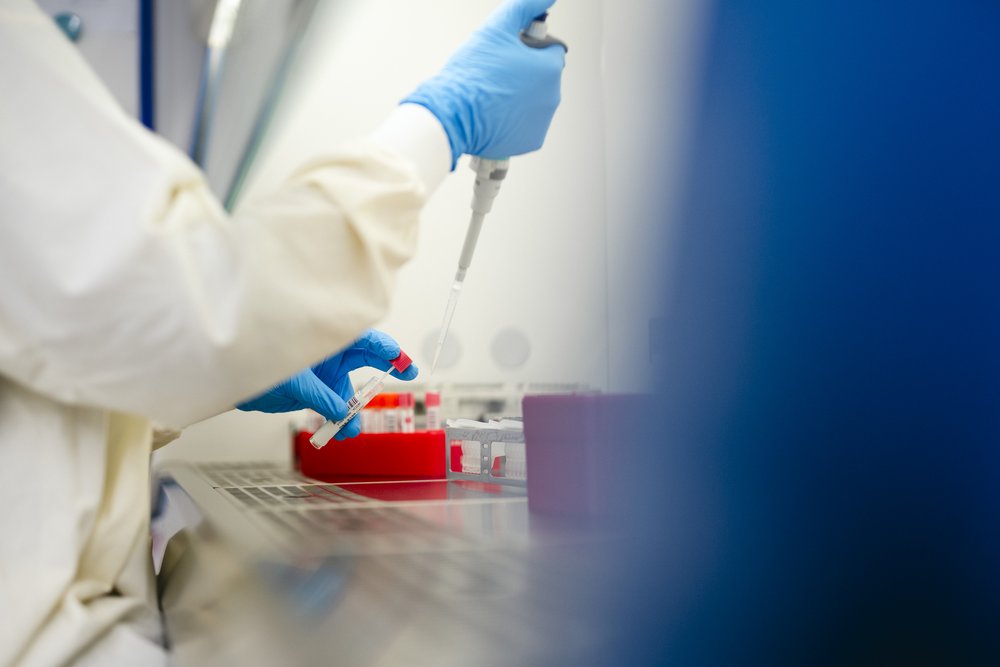
FlorInScan
Digestive issues?
The intestinal microbiota plays a fundamental role in digestive, metabolic, immune and neurological functions.
The impact of dysbiosis (imbalance of this microbiota) on health therefore varies from simple discomfort to pathologies, the list of which is constantly growing as a result of the numerous research studies carried out over the last 20 years. Here are just a few examples
- functional digestive disorders (irritable bowel syndrome)
- chronic inflammatory diseases (Crohn's disease, ulcerative colitis, spondyloarthritis, etc.)
- certain cancers (colon, stomach, etc.)
- immune diseases (rheumatoid arthritis, multiple sclerosis, etc.)
- metabolic diseases (type I and II diabetes, obesity, atherosclerosis, etc.)
- certain psychological or even severe psychotic disorders, autism, etc.
Why choose FlorInScan?

All the results obtained make it possible to identify and understand the causes of the disorders and to define an appropriate treatment, or even to take therapeutic nutritional measures. FlorinScan can be used to optimise the effect of a probiotic treatment, such as the one used for irritable bowel syndrome.
FlorInScan consists of a battery of quantitative bacteriological analyses of aerobic and anaerobic faecal flora (microflora analysis) and other important markers such as :
- Mycological examination of stools / Identification of yeasts and moulds in stools
- Analysis of digestive parameters (determination of food residues and pancreatic elastase-1)
- Detection of faecal haemoglobin using a highly specific and sensitive immunological method
- Determination of pH
FlorInScan Plus also analyses :
- Markers of intestinal mucosal permeability and inflammatory markers (calprotectin, alpha-1-antitrypsin)
- Immunological markers to assess the reactivity of the mucosal immune system (secretory IgA)
How do I go about this?
A stool sample is required for the FlorInScan and FlorInScan Plus tests.
The container and stool collection instructions are available on request from Laboratoires Réunis.
As the stability of the sample is limited to 48 hours if stored at 4-8°C, we strongly recommend that you send the sample as soon as possible.

But what is intestinal microflora?
The essential function of the intestine is to ensure the digestion and absorption of nutrients. In addition, the intestine is the most important compartment of the body's immune system, where over 70% of lymphocytes are concentrated.
The intestinal mucosa forms a protective barrier against pathogenic germs. The role of the intestinal microbial flora is of vital importance here. The gastrointestinal tract is home to some 1,000 species of bacteria that colonise the human intestine. The number of intestinal bacteria is even ten times greater than the number of cells in the human body, corresponding to a total weight of around 1.5 to 2 kg.
A growing number of scientific studies attest to the importance of these bacteria in maintaining good health.



The essential functions of healthy intestinal flora are:
- Defence barrier against the colonisation and proliferation of pathogens
- Synthesis of vitamin K and the essential constituents of vitamin B
- Production of short-chain fatty acids (acetate, propionate and butyrate) by fermentation of carbohydrates, thereby increasing the motility of the intestinal mucosa, improving the integrity of tight junctions and the energy metabolism of the intestinal mucosa, facilitating the differentiation of epithelial cells and therefore reducing the risk of colon cancer.
- Modulation of intestinal immune function



